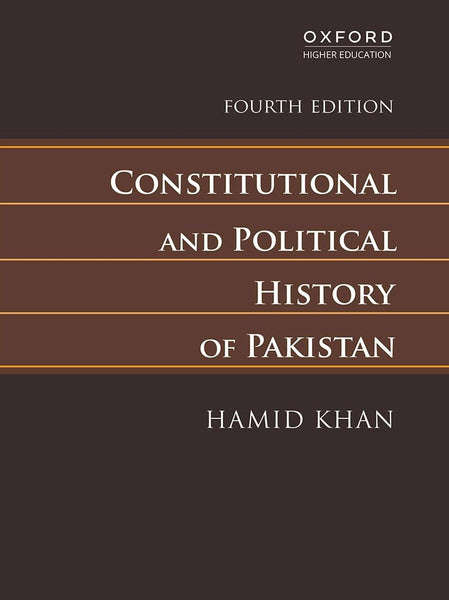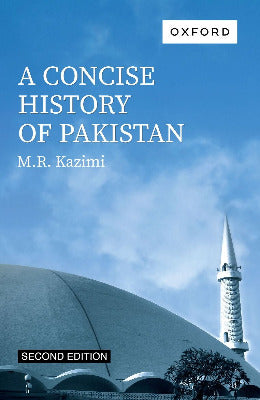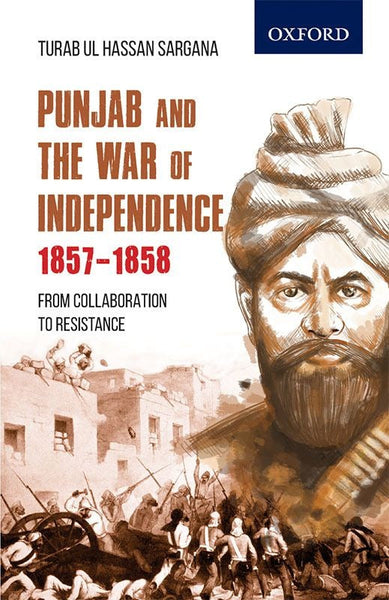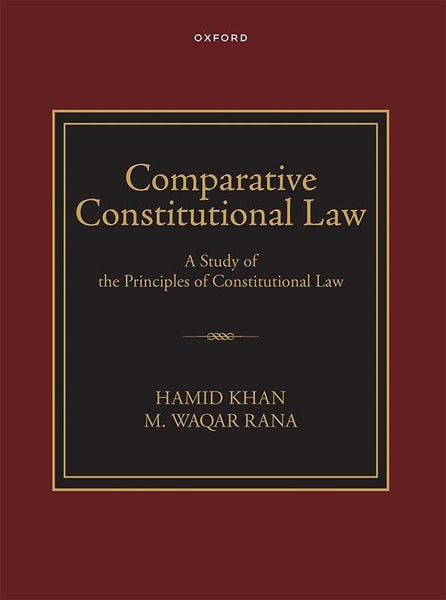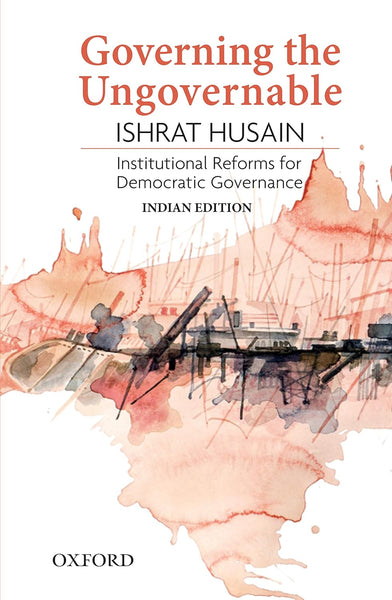Pakistan: Political Roots and Development 1947-1999 by Safdar Mahmood (Author)
- Publisher: OXFORD UNIVERSITY PRESS PAKISTAN
- Availability: Out Of Stock
- SKU: 04558
- ISBN: 9780195798067
- Number of Pages: 450
Rs.850.00
Rs.995.00
Tags: 1947 partition , 1947-1999 , 20th century Pakistan , 9780195798067 , Benazir Bhutto , best books , Best Price , best prices , best shop , bookshop , bookshop online , bookshopPakistan , buy online books , civilian rule in Pakistan , democracy in Pakistan , development in Pakistan , good books , good booksonline , military rule in Pakistan , online books store , Online Bookshop , Online Bookshop Pakistan , online shopping , Online Shopping Pakistan , OnlineShoppingPakistan , Oxford books , Oxford publications , Pakistan and democracy , Pakistan civil-military relations , Pakistan Constitution , Pakistan democracy , Pakistan elections , Pakistan foreign relations , Pakistan governance , Pakistan governance 1947-1999 , Pakistan government formation , Pakistan history book , Pakistan independence , Pakistan military history , Pakistan political evolution , Pakistan political parties , Pakistan political Roots & Development , Pakistan political Roots And Development , Pakistan politics , PakistanBookshop , PakistanOnlineShopping , political crisis in Pakistan , political leaders of Pakistan , political legacies of Pakistan , political reforms , political roots , political struggles , political transitions , post-colonial Pakistan , price cut , price-friendly Comprehensive , ReasonablePrice , reduced price , Safdar Mahmood , Shopping , ShopSmartPakistan , South Asian politics , Zia-ul-Haq era
Oxford Pakistan Political Roots and Development 1947-1999 by Safdar Mahmood provides a comprehensive analysis of Pakistan's political history from its inception in 1947 until 1999. The book delves into the country's tumultuous political landscape, examining the causes behind various political crises, the role of military interventions, and the influence of leadership changes on national development. Mahmood explores key events like the early struggles of the political elite, the influence of external powers, and the failure to establish stable democratic institutions. This work highlights how political instability, coupled with social and economic challenges, shaped the nation's progress over the years. Mahmood’s research reflects on the role of both domestic policies and international dynamics in shaping Pakistan’s development, offering readers a deep understanding of the challenges faced by a country still grappling with its political identity.
Keypoints:
-
Formation of Pakistan (1947): The book covers the early struggles following the partition, focusing on the leadership challenges faced by the newly formed nation.
-
Political Instability: Mahmood highlights the frequent changes in government and leadership, contributing to the fragile political system in the early decades of independence.
-
Role of the Military: Military interventions, including coups and the dominance of military leaders in politics, are a critical focus, particularly their impact on governance and democracy.
-
Foreign Relations and Influence: The role of foreign powers, especially the United States and neighboring India, is discussed in the context of their influence on Pakistan’s political strategies.
-
Economic Challenges: Mahmood explores how economic policies and the lack of consistent development strategies affected the political landscape and contributed to social unrest.
-
Constitutional Changes: The book delves into the various constitutional amendments and legal changes that sought to establish or consolidate political power, often at the expense of democracy.
-
Civil-Military Relations: The ongoing tension between civilian governments and military rulers is a recurring theme, showing how military dominance often overshadowed political processes.
-
Regional Conflicts: Mahmood discusses key regional conflicts, including the wars with India and internal strife, that shaped Pakistan’s political and military priorities.
-
Failed Democratic Institutions: The failure to build strong democratic institutions is examined as a root cause of Pakistan's ongoing political turmoil, with particular attention to the inability to sustain parliamentary governance.
-
Leadership Dynamics: The impact of key political figures, such as Zulfikar Ali Bhutto and General Zia-ul-Haq, is analyzed in terms of how their leadership shaped both the country's development and its crises.
Conclusion:
Safdar Mahmood's book provides an in-depth look at the complex factors that shaped Pakistan’s political landscape between 1947 and 1999. Through his detailed analysis, readers gain a comprehensive understanding of the challenges that hindered Pakistan’s progress, from internal leadership struggles to external pressures. The book serves as a vital resource for those interested in understanding the roots of Pakistan's contemporary political issues.
════ ⋆★⋆ ═══
Writer ✤ Safdar Mahmood (Author)
Publishers ✤ OXFORD UNIVERSITY PRESS PAKISTAN



